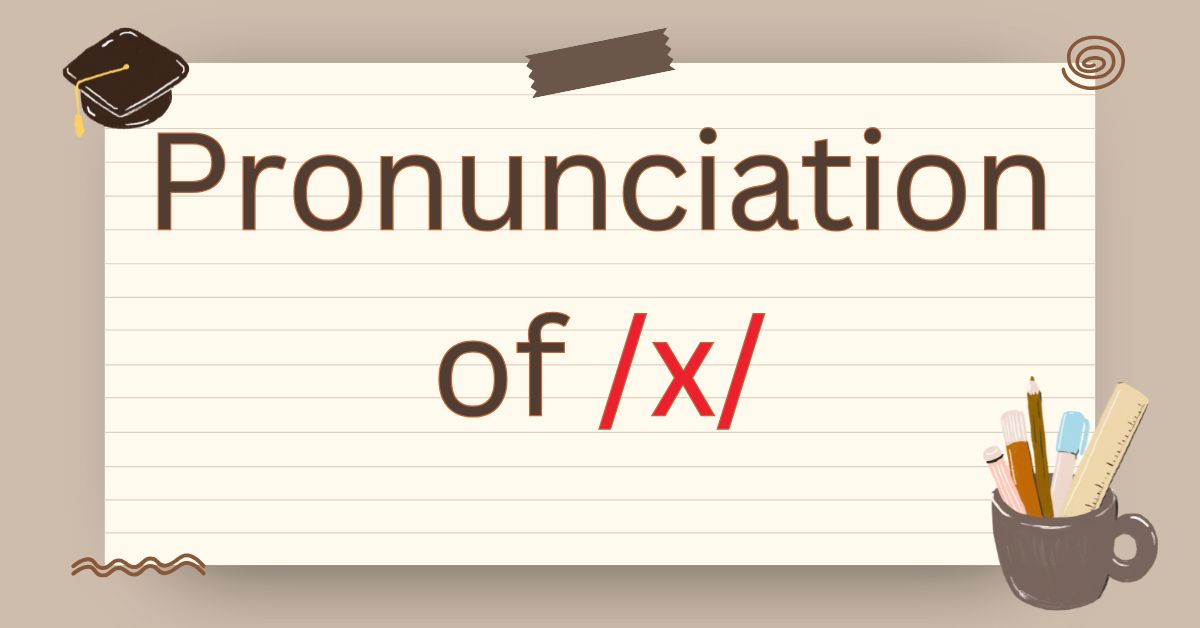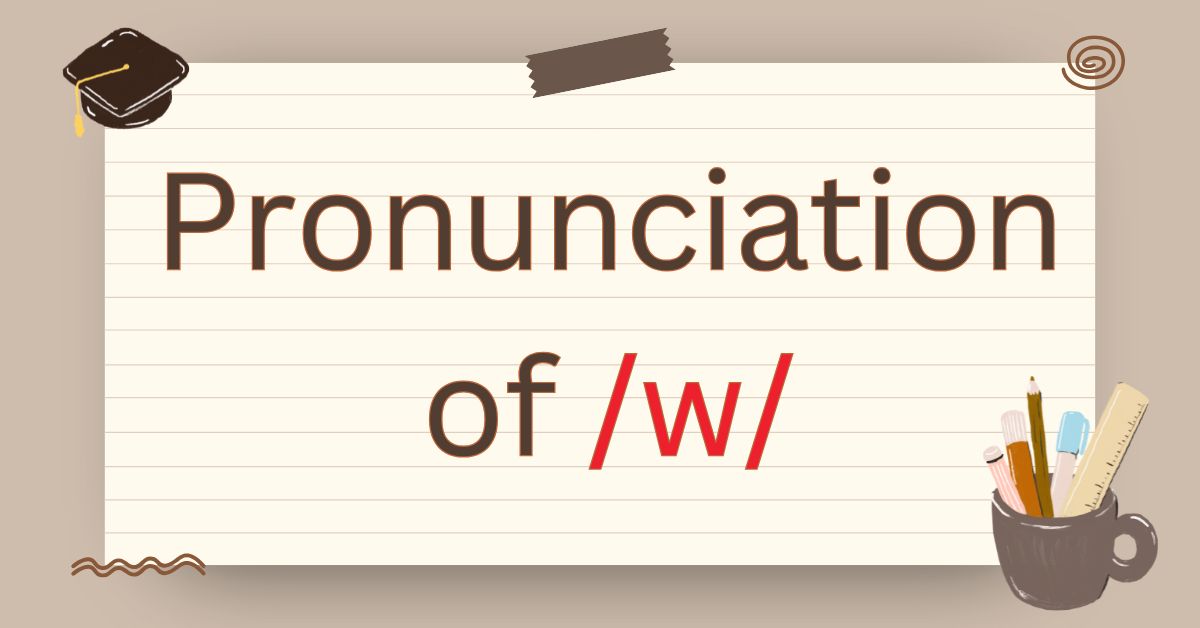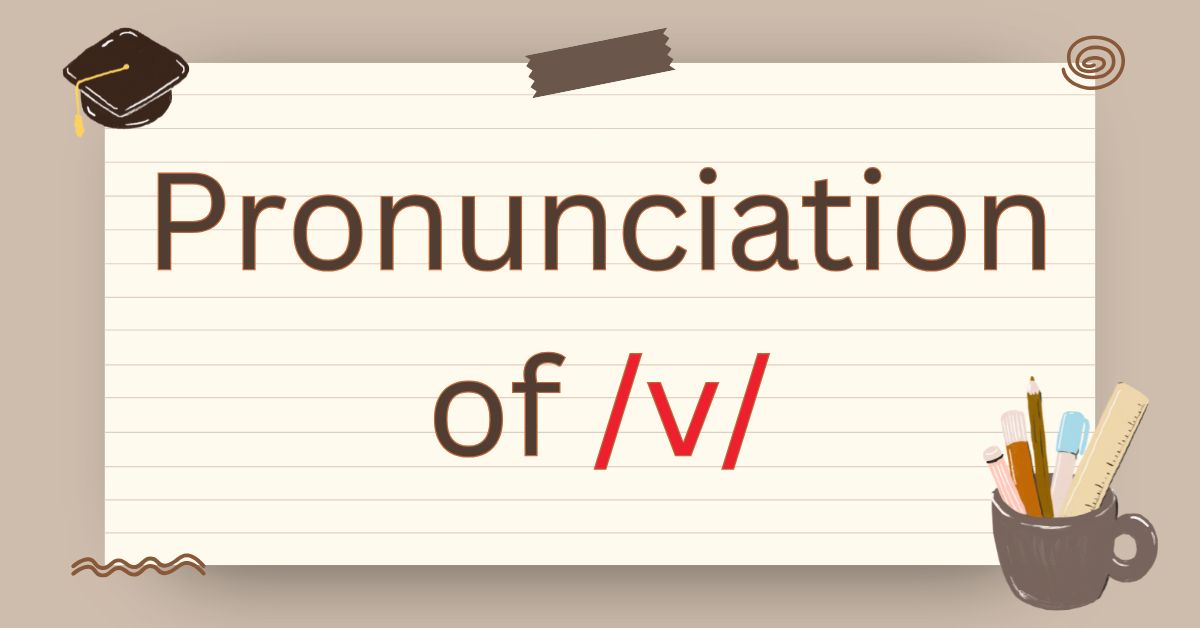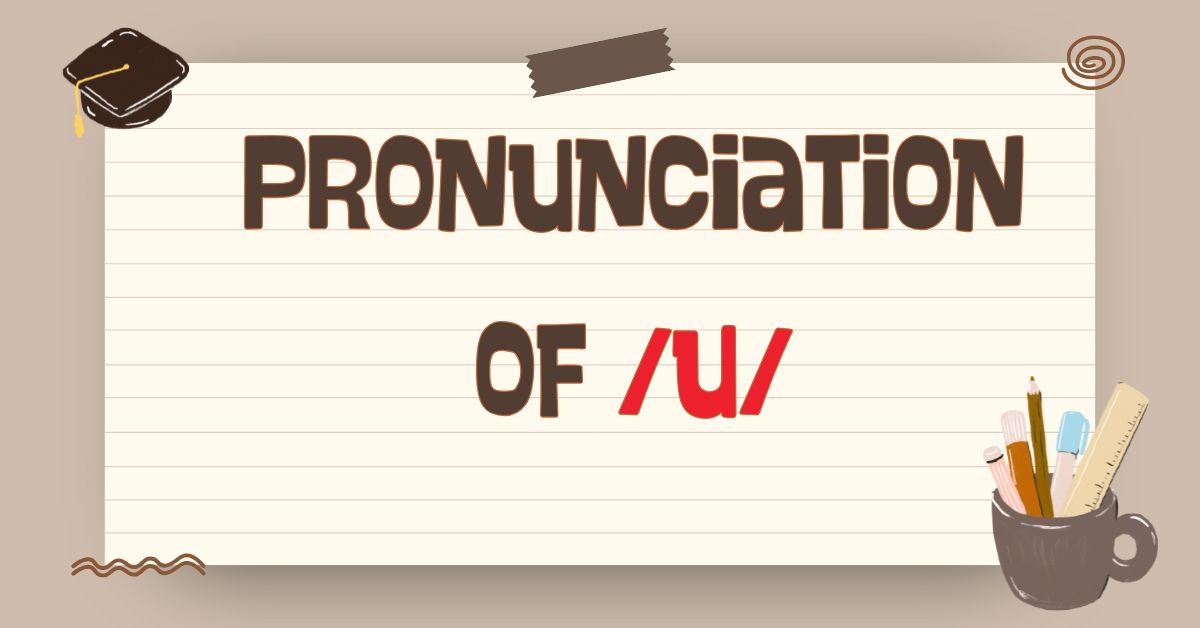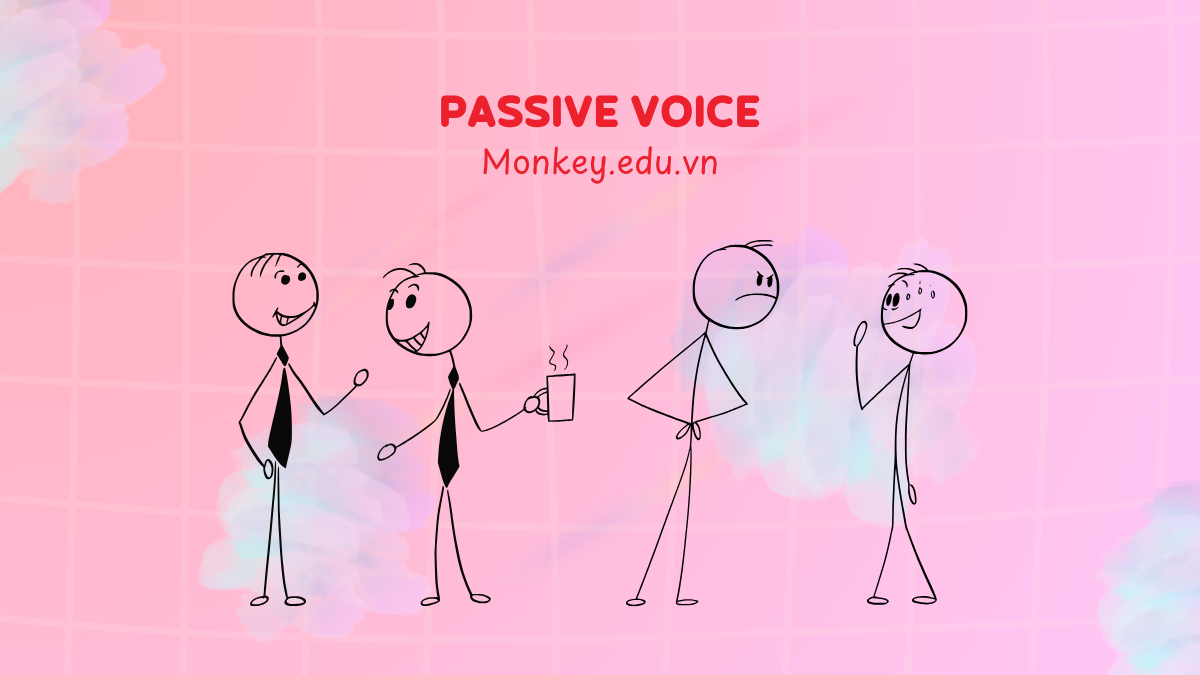ในบรรดากาลพื้นฐานภาษาอังกฤษ อนาคตกาลธรรมดาได้รับการใช้อย่างแพร่หลายไม่เพียงแต่ในการสื่อสารในชีวิตประจำวัน แต่ยังรวมถึงการสอบวัดระดับภาษาอังกฤษ โดยเฉพาะการสอบภาษาอังกฤษ การเชี่ยวชาญอนาคตกาลธรรมดาจะช่วยให้คุณปรับปรุงคะแนนและหลีกเลี่ยงการเสียคะแนนจากความผิดพลาดทั่วไป
อนาคตกาลธรรมดาคืออะไร?
อนาคตกาลธรรมดาใช้เพื่ออธิบายการตัดสินใจหรือแผนการแบบฉับพลันที่จะเกิดขึ้นในอนาคต นอกจากนี้ยังสามารถใช้เพื่อทำนาย ชวน เสนอ หรือขอร้องอย่างสุภาพ
ตัวอย่าง:
-
I will come between twelve and one o'clock.
-
Will you take a picture of us?
-
They will play an unchanged team in Saturday's game.
โครงสร้างของอนาคตกาลธรรมดา
|
ประเภทประโยค (Sentence Type) |
กับกริยา “to be” |
กับกริยาปกติ (regular verbs) |
|
บอกเล่า (Affirmative) |
Subject + will + be + Noun/Adjective |
Subject + will + base verb + Object |
|
ตัวอย่าง |
A model railway mart will be held on Friday. |
Mr. Brown will speak now. |
|
ปฏิเสธ (Negative) |
Subject + will not + be + Noun/Adjective |
Subject + will not + base verb |
|
ตัวอย่าง |
Old love will not be forgotten. |
We will not clean the house this weekend. |
|
คำถาม Yes/No |
Will + Subject + be + Noun/Adjective? |
Will + Subject + base verb? |
|
ตัวอย่าง |
Will the company be successful in the market? |
Will you please spell your name for me? |
|
คำถาม WH- |
WH-word + will + Subject + base verb? |
|
|
ตัวอย่าง |
How will she come home next month? |
|
คำบอกเวลา (Signal Words) สำหรับอนาคตกาลธรรมดา
โปรดสังเกตคำบอกเวลาและกริยาต่อไปนี้ที่บ่งบอกการใช้งานของอนาคตกาลธรรมดา:
ตัวบ่งบอกเวลา (Time Indicators):
-
in + time (in 10 minutes)
-
next day, next week, next month, next year
-
tomorrow
ตัวอย่าง:
-
He will call you back in 30 minutes.
-
My mom will go to the dentist tomorrow.
กริยาความเห็น (Opinion verbs):
-
believe
-
think
-
suppose
-
assume
-
promise
-
expect
-
hope
ตัวอย่าง:
-
I promise I will do my duty.
-
I do not suppose I will ever see her again.
คำกริยาวิเศษณ์แสดงความเห็น (Opinion adverbs):
-
maybe
-
probably
-
perhaps
-
supposedly
ตัวอย่าง:
-
Perhaps they will invest in real estate.
-
Maybe he will change his career path.
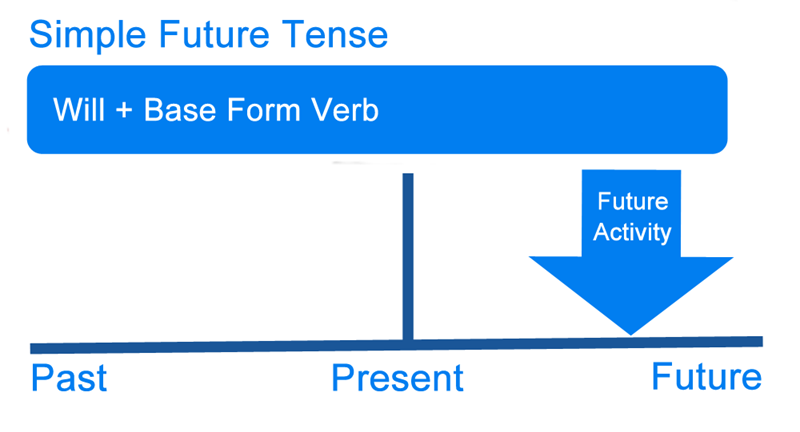
การใช้งานของอนาคตกาลธรรมดา
ใช้อนาคตกาลธรรมดาในกรณีต่อไปนี้:
|
การใช้งาน |
ตัวอย่าง |
|
อธิบายการกระทำที่เกิดขึ้นหลังจากปัจจุบัน |
I forgot to lock the door. I will go back to check it. |
|
การทำนายโดยไม่มีหลักฐานชัดเจน |
Maybe she will become a famous artist. |
|
การขอร้องหรือเชิญชวน |
Will you all join in singing the refrain? |
|
การให้สัญญา |
I promise I will always support you. |
|
การเตือน |
Darling, go now, or you will be late. |
|
การเสนอความช่วยเหลือ |
Will I teach you how to use this software? |
|
ประโยคเงื่อนไขประเภทแรก (First conditional) |
She will race if she gets medical clearance from her doctor. |
อนาคตกาลธรรมดา vs. อนาคตอันใกล้ (Near Future)
ผู้เรียนหลายคนมักสับสนระหว่างอนาคตกาลธรรมดา (will) และอนาคตอันใกล้ (be going to) ต่อไปนี้คือวิธีแยกความแตกต่าง:
|
อนาคตกาลธรรมดา (will) |
อนาคตอันใกล้ (be going to) |
|
ใช้กับการตัดสินใจแบบฉับพลันหรือการทำนายที่ไม่แน่นอน |
ใช้กับการกระทำที่มีการวางแผนไว้ล่วงหน้าพร้อมเจตนาชัดเจน |
|
โครงสร้าง: Subject + will + base verb |
โครงสร้าง: Subject + be + going to + base verb |
|
ตัวอย่าง: I think it will rain tomorrow. |
ตัวอย่าง: We are going to have a meeting at 8 AM. |
โครงสร้างอนาคตอื่นๆ ที่มีความหมายใกล้เคียงกัน
นอกจากอนาคตกาลธรรมดาแล้ว คุณยังสามารถใช้โครงสร้างต่อไปนี้เพื่อพูดถึงการกระทำในอนาคตได้:
|
โครงสร้าง |
การใช้งานและตัวอย่าง |
|
Subject + look forward to + V-ing/Noun |
แสดงความคาดหวังต่อเหตุการณ์ในอนาคตตัวอย่าง: We look forward to hearing from you soon. |
|
Subject + hope + to + V |
แสดงความปรารถนาให้บางสิ่งเกิดขึ้นในอนาคตตัวอย่าง: I hope for this book to become a bestseller. |
|
Be + to + base verb |
อ้างถึงเหตุการณ์ในอนาคตที่ถูกวางแผนหรือจัดเตรียมไว้แล้วตัวอย่าง: The conference is to take place in Vietnam. |
|
Be likely to + base verb |
บ่งบอกถึงความเป็นไปได้ในอนาคตตัวอย่าง: Unemployment is likely to rise this year. |
|
Be sure/bound/certain to + V |
แสดงความมั่นใจเกี่ยวกับเหตุการณ์ในอนาคตตัวอย่าง: She is sure to get the job she wants. |
|
เรียนรู้เพิ่มเติมเกี่ยวกับกาลเวลาในภาษาอังกฤษ |
||
แบบฝึกหัดอนาคตกาลธรรมดา
แบบฝึกหัดที่ 1: เขียนใหม่โดยใช้อนาคตกาลธรรมดาและคำที่ให้มา (Rewrite using Simple Future Tense and the given prompts)
-
If / you / not / study / hard /, you / not / pass / final / exam
-
they / come / tomorrow?
-
rains / it / he / home / if / stay
-
I am / she / able / afraid / to / be / come / to / party / not
-
You / look / tired, / so / I / bring / you / something / eat
แบบฝึกหัดที่ 2: เติมคำในช่องว่างโดยใช้รูปที่ถูกต้อง (will หรือ be going to)
-
I am afraid I ………… (not be) able to come tomorrow.
-
Because of the train strike, the meeting ………… (not take) place at 9 o'clock.
-
A: Go and tidy your room. B: Okay. I ………… (do) it now.
-
If it rains, we ………… (not go) to the beach.
-
In my opinion, she ………… (not pass) the exam.
-
A: I am driving to the party. Would you like a lift? B: Thank you, but I ………… (take) the bus.
-
Look at the sky It ………… (rain) very heavily.
-
The company ………… (hold) an important meeting next month.
-
According to the weather forecast, it ………… (not snow) tomorrow.
-
I think I ………… (go) study abroad.
แบบฝึกหัดที่ 3: เปลี่ยนคำถาม Yes/No ให้เป็นคำถาม WH-
-
Will I go? → Where will I go?
-
Will you come early? → When will you come?
-
Will it be cold? → When will it be cold?
-
Will she dance? → Where will she dance?
-
Will he arrive soon? → When will he arrive?
-
Will we cook? → What will we cook?
-
Will they leave? → When will they leave?
คำตอบ
แบบฝึกหัดที่ 1:
-
If you do not study hard, you will not pass the final exam.
-
Will you come tomorrow?
-
If it rains, he will stay home.
-
I am afraid she will not be able to come to the party.
-
You look tired, so I will bring you something to eat.
แบบฝึกหัดที่ 2:
-
will not be
-
will not take
-
will do
-
will not go
-
will not pass
-
will take
-
is going to rain
-
is going to hold
-
is not going to snow
-
am going to
แบบฝึกหัดที่ 3:
-
Where will I go?
-
When will you come?
-
When will it be cold?
-
Where will she dance?
-
When will he arrive?
-
What will we cook?
-
When will they leave?
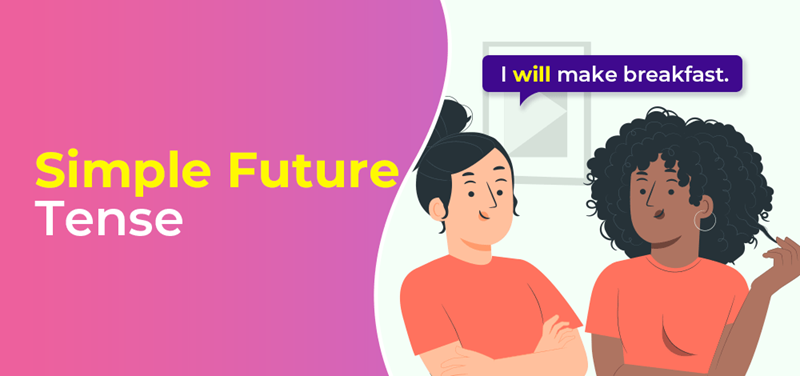
สรุปได้ว่า อนาคตกาลธรรมดา เป็นหัวใจสำคัญของการเรียนภาษาอังกฤษที่ช่วยให้ผู้เรียนสื่อสารเหตุการณ์ที่จะเกิดขึ้นได้อย่างถูกต้องและมั่นใจ เมื่อเข้าใจโครงสร้าง การใช้งาน และฝึกฝนผ่านแบบฝึกหัดอย่างสม่ำเสมอ ผู้เรียนจะสามารถใช้อนาคตกาลธรรมดาได้อย่างคล่องแคล่ว ซึ่งเป็นพื้นฐานสำคัญในการพัฒนาทักษะภาษาอังกฤษในระดับที่สูงขึ้น




.png)
